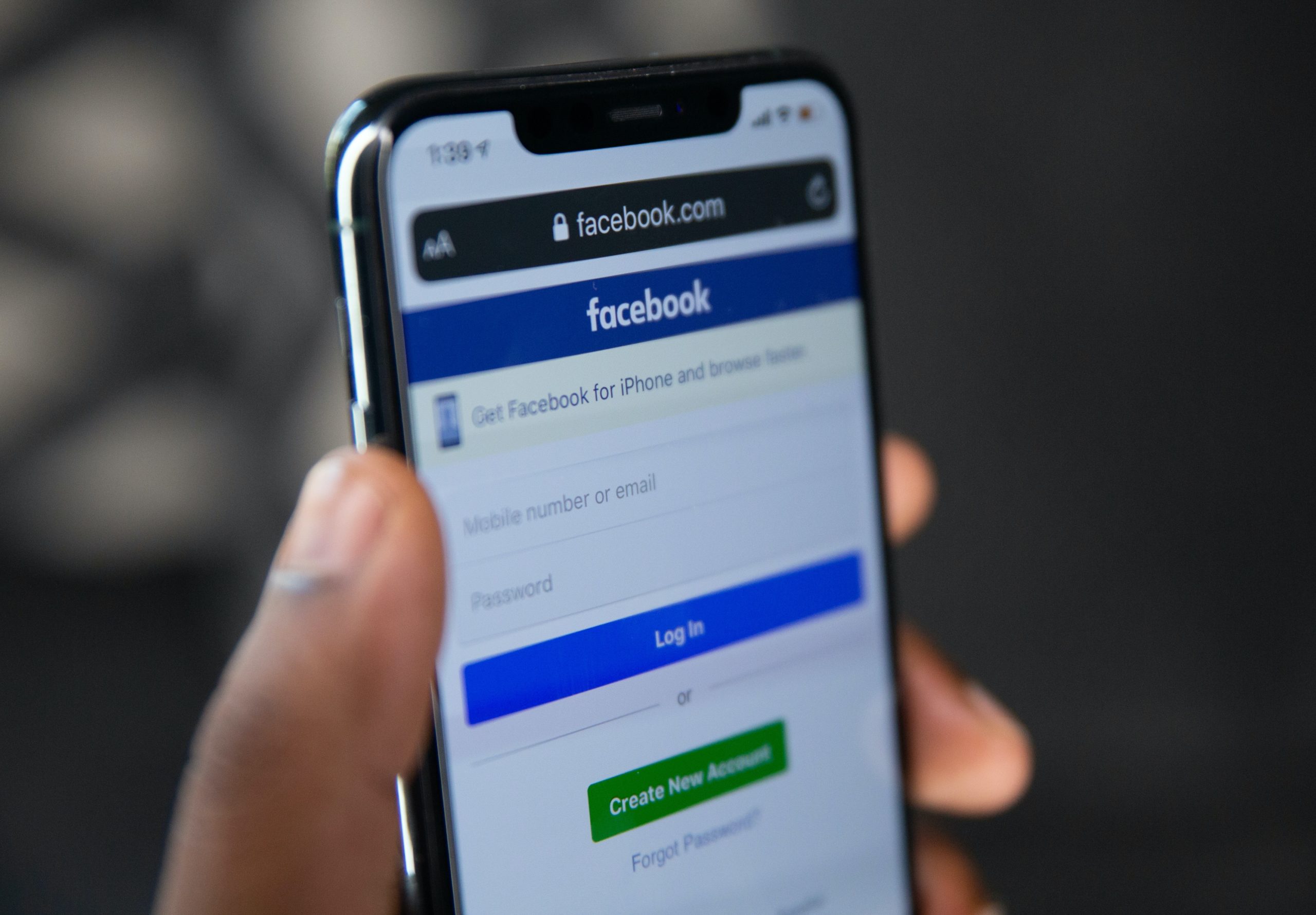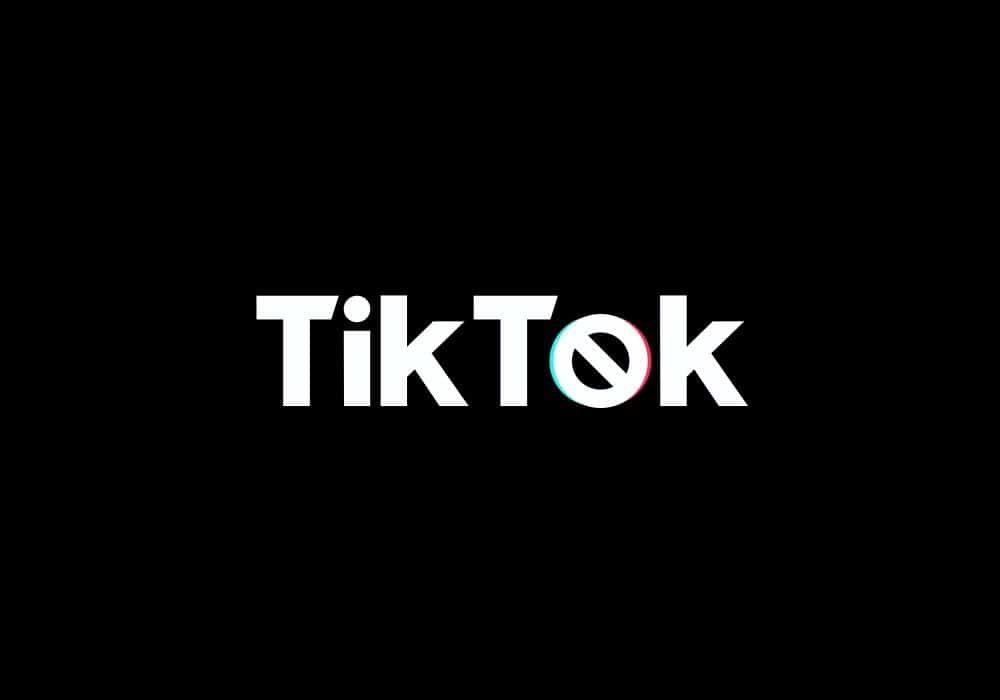Weekly Newsletter: 12 April – 16 April 2021

April 26, 2021
Europeans affected by Facebook leak urged to join mass action lawsuit
[#Facebook #DigitalRightsIreland #PersonalData]
“Social media giant Facebook is facing a mass action lawsuit in Europe over the recently reported data leak, which exposed the personal details of more than 530 million users online.
Irish civil rights group Digital Rights Ireland (DRI) says it plans to sue the tech giant in Irish courts on behalf of the thousands of Facebook users whose data was exposed.
The group has made a formal complaint to the Irish Data Protection Commission (DPC), and is preparing to take the case to court. DRI alleges that Facebook not only failed to implement privacy by default to protect users’ data, but also failed to notify the DPC or victims.
The rights group is inviting affected Europeans to join the lawsuit. People who are impacted and join the legal challenge could be awarded between €300 and €12,000 (£260 – £10,370) per person in damages.”
To read more: Click here.

WhatsApp Has A Serious Unstoppable Cyberstalking Problem
[#What’sapp #Privacy #Socialmedia]
“Last seen refers to the last time the contact used WhatsApp. Through our privacy settings, you have the option to control who can see your last seen. Please note you can’t hide your online [status].”
Traced spells out the consequences: “There is no setting within WhatsApp that can prevent this kind of monitoring, no way to tell if somebody is using it to watch when you go online, and no software that can detect it.”
And you don’t need to be friends or mutual contacts to be tracked.
WhatsApp makes your online status available to anyone who obtains your phone number.
For users (understandably) concerned about being stalked, Traced says there are only two workarounds: change your phone number (something you may need to do repeatedly) or stop using WhatsApp.”
To read more: Click here

WordPress may ban Google FLoC over security fears
[#Wordpress #Cybersecurity #Google]
“WordPress will treat Google’s proposals to replace third-party cookies with a Federated Learning of Cohorts (FLoC) mechanism for recording browsing history as a potential security risk.
The WordPress Core development team is considering an effective ban against FLoC because it believes this replacement for third-party cookies unethically places people into groups based on their browsing habits. The prospective move is significant because WordPress powers 41% of platforms across the web, according to the organisation, and adds weight to a growing list of entities strongly opposed to the introduction of Google’s FLoC. […]
Google has proposed FLoC as an alternative to third-party cookies to refine the process of using data to target web users with tailored adverts. This system is a way of making your browser profile users in the way that third-party tracker used to do, assigning a label to each user based on their behaviour, before sharing these with other websites and advertisers.”
To read more: Click here

Chinese court upholds landmark facial recognition data ruling
[#China #FacialRecognition #privacy]
“A court in China has upheld a ruling forcing a zoo operator to delete a visitor’s facial recognition data, in what has been described as a key judgement for data rights in the country.
The case arose from Hangzhou Safari Park replacing its fingerprint-based admission system in late 2019 with one that uses facial recognition, telling customers they would be refused entry if they did not use the new system. Guo Bing, an associate professor of law at the Zhejiang Sci-Tech University, concerned it might be used to steal his identity, asked for a refund. When the zoo refused, he sued for breach of contract. […]
“[The court] let the principle of data minimisation go unnoticed, which in this case is to determine whether facial recognition is necessary for entering a zoo, and whether it has offered people the option to choose a less invasive verification method,” the South China Morning Post quoted.”
To read more: Click here

TikTok faces claim for billions in London child privacy lawsuit
[#TikTok #London #Lawsuit #Privacy]
“TikTok, the wildly popular video app, and its Chinese parent ByteDance could face a damages claim worth billions of pounds (dollars) in London’s High Court over allegations they illegally harvested the private data of millions of European children.
Anne Longfield, the former Children’s Commissioner for England and so-called “litigation friend”, or public face, of an anoynmous 12-year-old girl leading the class action, said on Wednesday that affected children could receive thousands of pounds each if the claim is successful.
Longfield alleged that every child that has used TikTok since May 25, 2018, may have had private personal information illegally collected by ByteDance through TikTok for the benefit of unknown third parties.”
To read more: Click here.

Europe throws down gauntlet on AI with new rulebook
[#ArtificalIntelligence #EuropeanUnion #China #UnitedStates]
“The European Union unveiled the world’s first plans to regulate artificial intelligence on Wednesday, doubling down on its role as a global rulemaker and challenging allies — namely the United States — to get on board.
The proposed rules […] aim to rein in “high-risk” uses of AI such as facial recognition or software to process job applications that, in the EU’s view, pose the greatest potential threat to society and individuals. […]
With the AI rulebook, the EU is intensifying a years-long plan to position itself as the world’s primary rulemaker for technology following the rollout of its comprehensive privacy rules, the GDPR, in 2018. […]
While Washington has sought closer ties with Europe to counter China’s growing tech ambitions, so far the U.S. hasn’t followed the EU’s lead on AI or on privacy. The new rules — which will now snake their way through Europe’s legislative process — may widen the regulatory gulf between the two sides, even as Brussels pushes for closer coordination on its own tech priorities via a proposed Trade and Technology Council.”
To read more: Click here.

Yes, Telegram Really Is ‘Dangerous’ For You
[#Telegram #Privacy #Cyberthreats]
“Last year, Telegram’s Pavel Durov, warned that “using WhatsApp is dangerous.” But now that provocative attack has come back to bite. A new security report, issued today, warns of “a growing cyber threat where hackers use Telegram, the instant messaging app with over 500 million active users, as a command and control system.” […]
Telegram is significantly more complex than its direct rivals, the likes of Facebook Messenger, WhatsApp, iMessage and Signal. Its architecture now serves more than 500 million users, through a spider’s web of connected endpoints and its own cloud back-end. […]
Users must always remember that Telegram is not end-to-end encrypted by default, and as such its security is weaker than WhatsApp and iMessage, to say nothing of Signal. […]
The messaging battle continues and promises to heat up again next month, when Facebook’s forced change of terms for WhatsApp users kicks in. “Nobody ever invited Big Tech to join a group chat,” Signal tweeted this week, in a thinly veiled attack on WhatsApp, “but they still hang around and know what’s going on.”
To read more: Click here.

